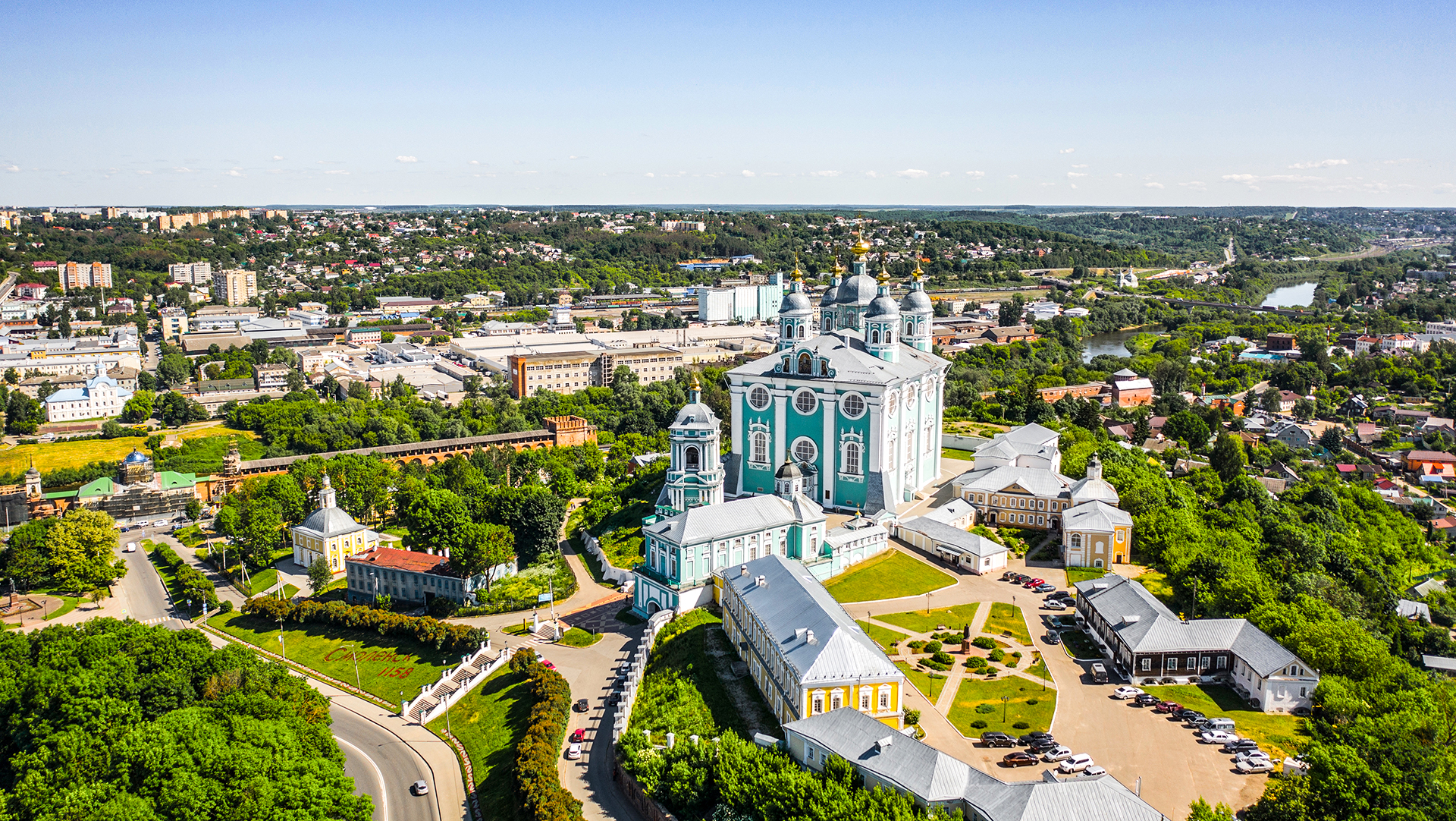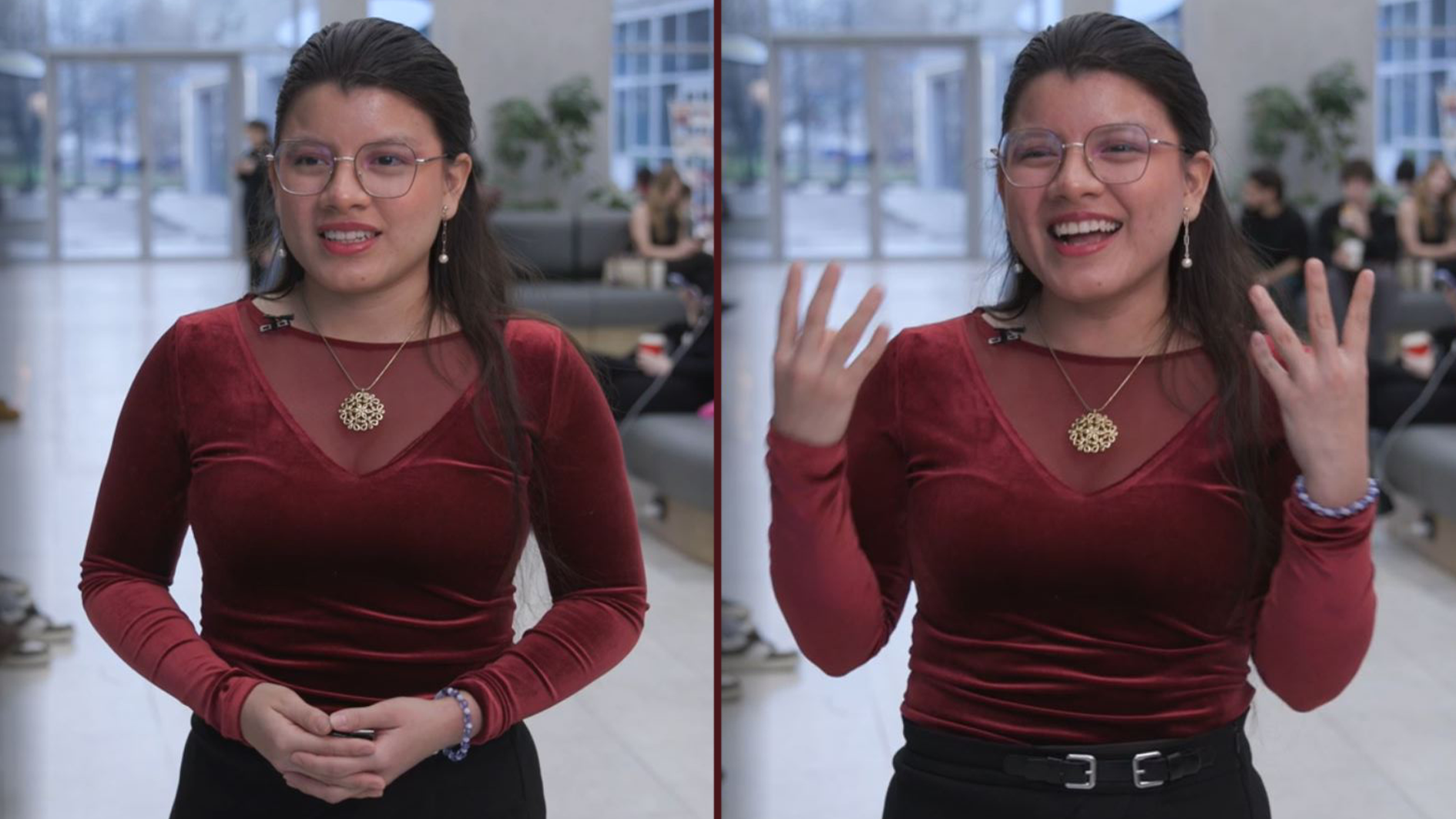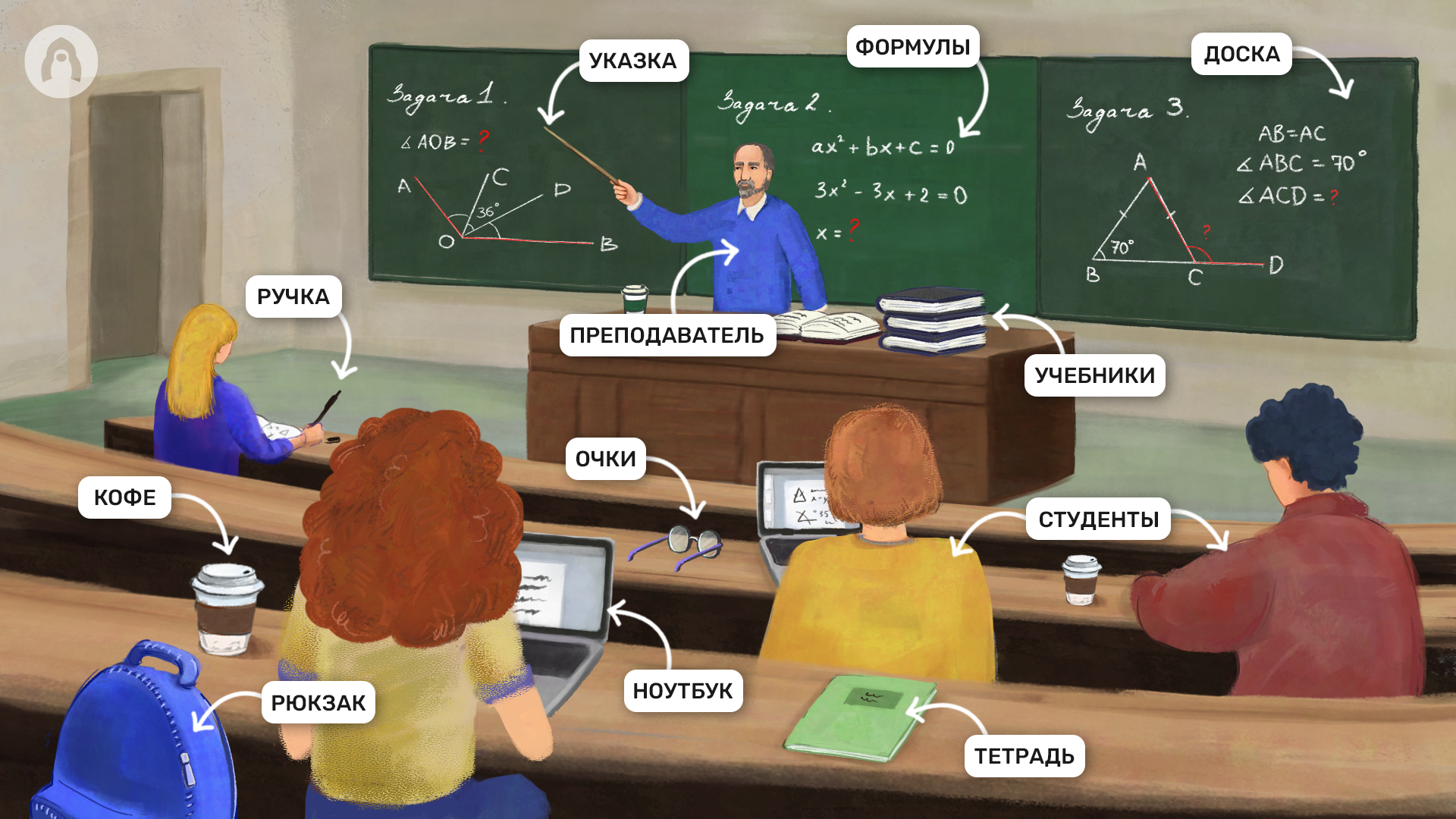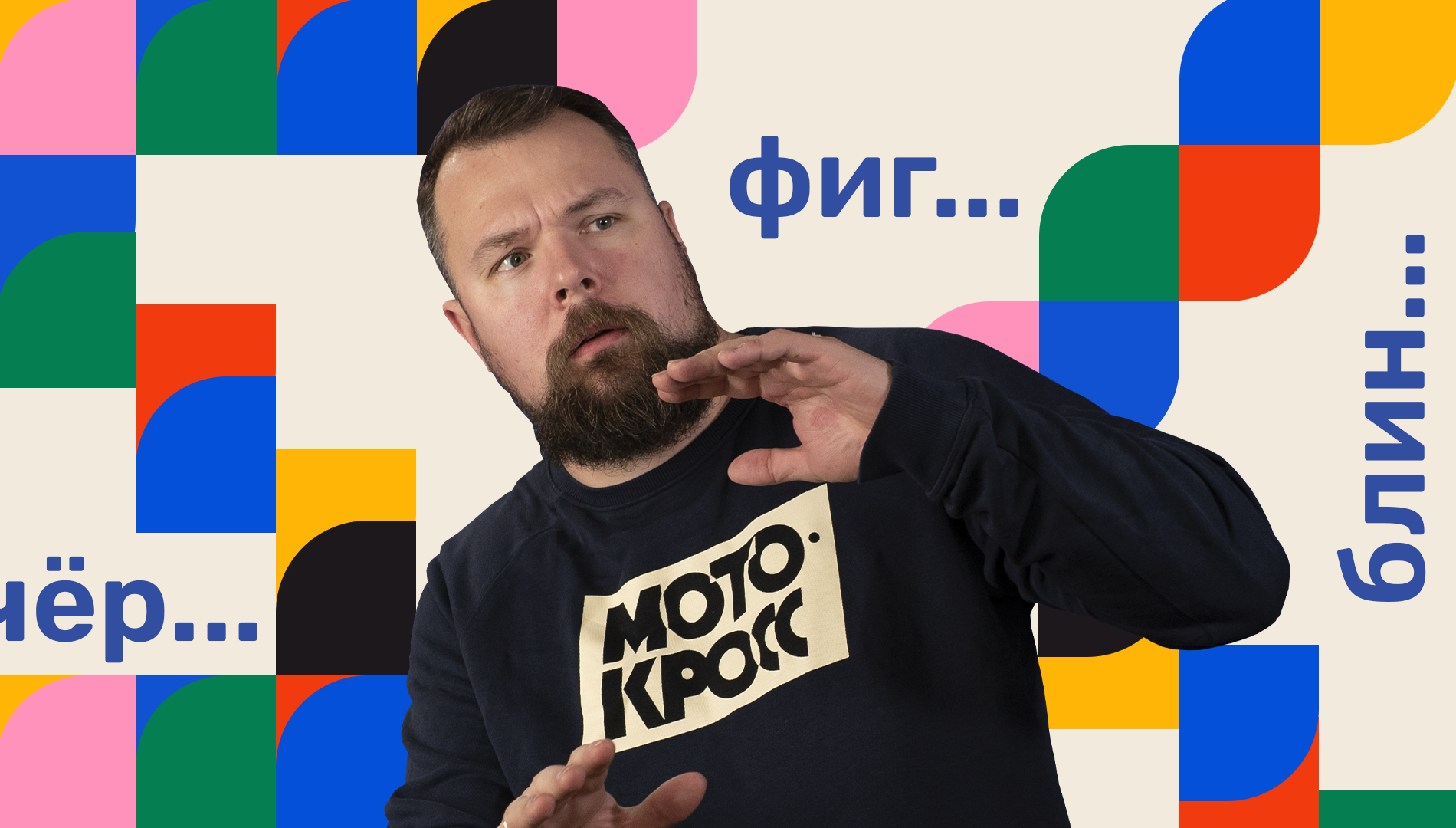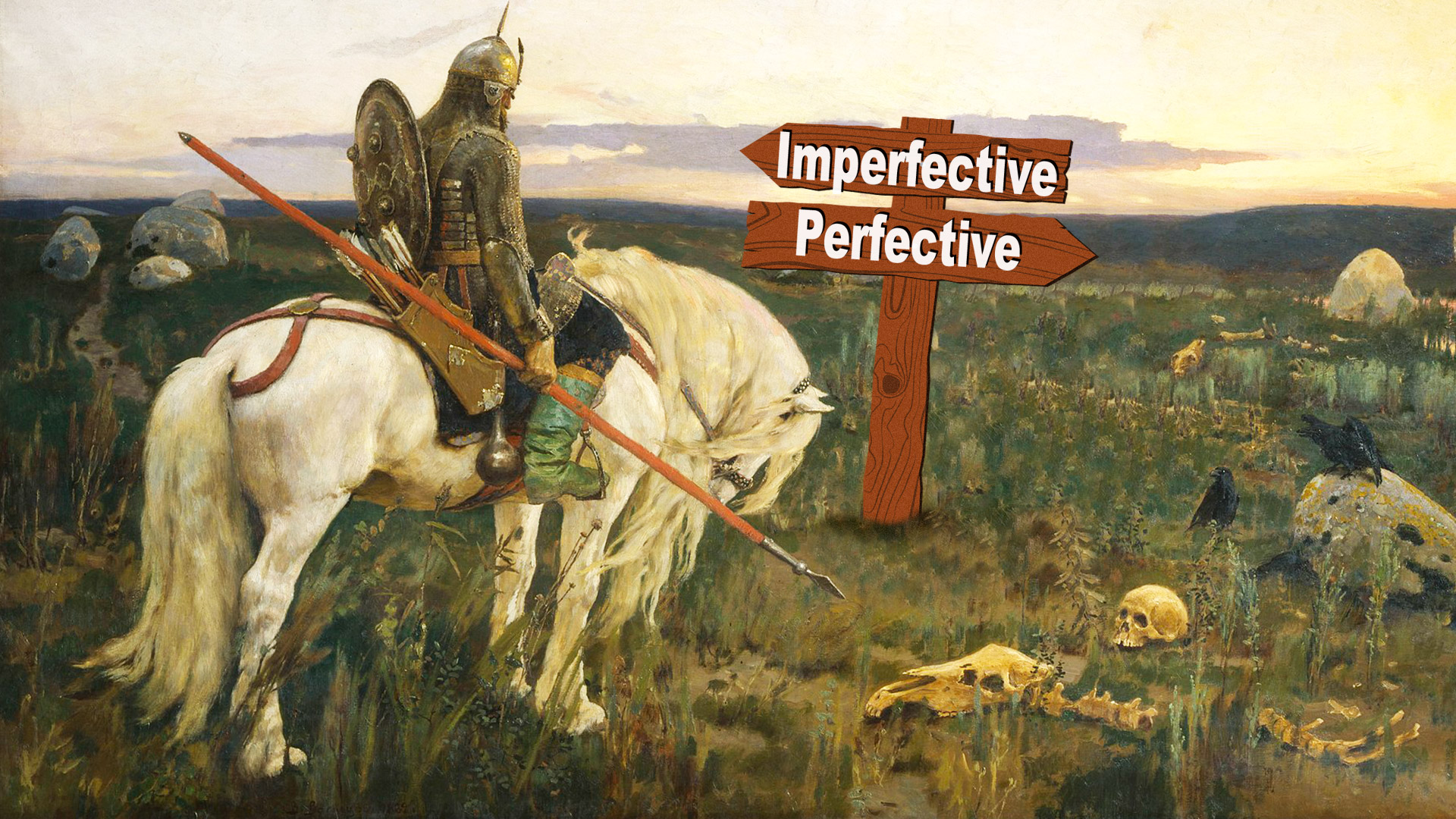
Why are Russians obsessed with diminutive forms of words?
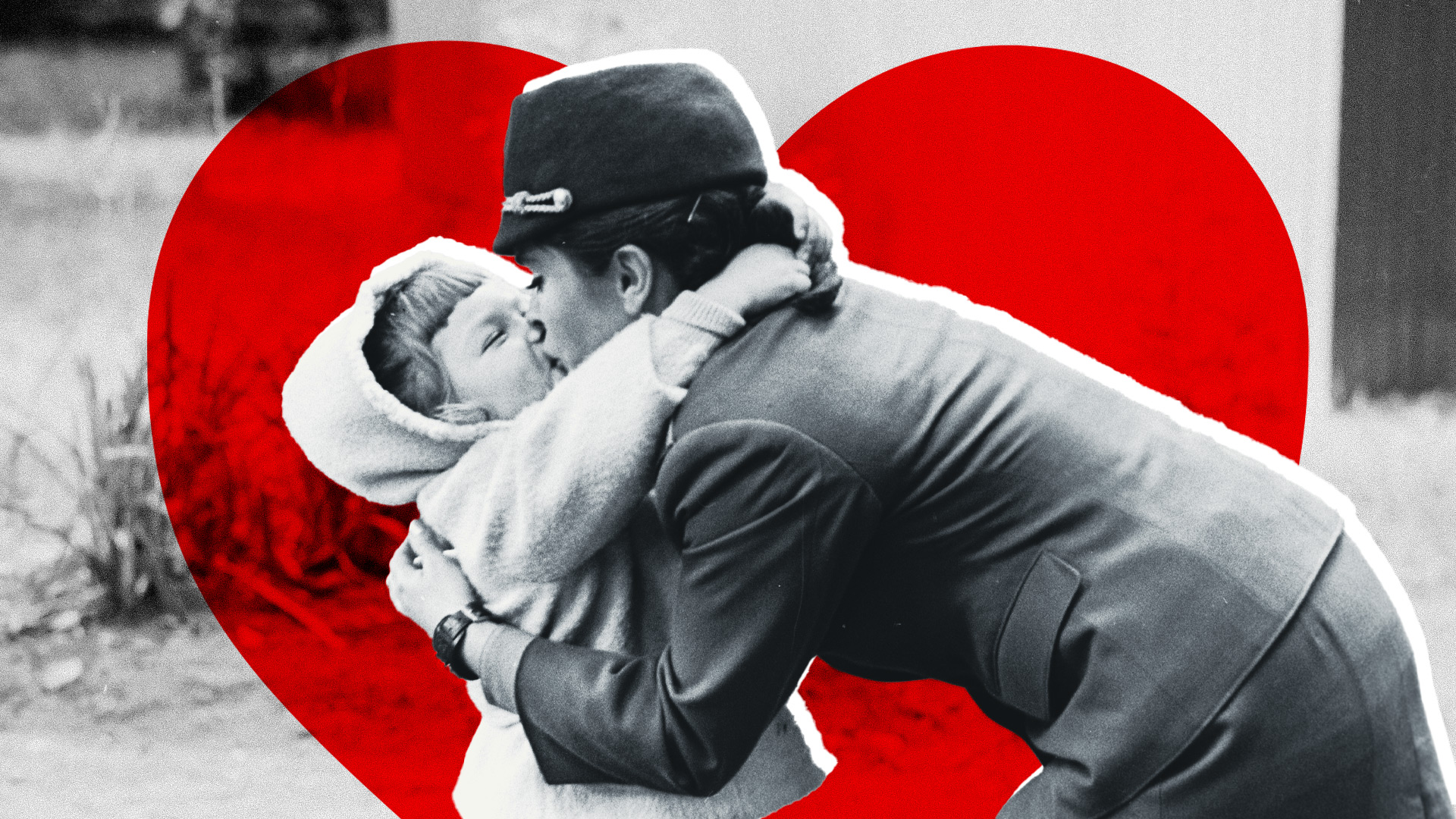
Sometimes, foreigners are confused how the names ‘Vsevolod’ and ‘Seva’ can be the same person! But, ‘Seva’ is a diminutive, that is, a short form of ‘Vsevolod’. In informal communication and between close people, a person will most likely be addressed exactly like that. Not ‘Alexandra’, but ‘Sasha’. Not ‘Olga’, but ‘Olya’.
Russians often go even further and use diminutives like ‘Sashenka’ or Olechka’. Even the words ‘babushka’ (‘бабушка’, ‘grandma’) and ‘dedushka’ (‘дедушка’, ‘grandpa’) are diminutive forms of the words ‘babka’ and ‘ded’, which are considered somewhat rude. While ‘mama’ (‘мама’, ‘mom’) and ‘papa’ (‘папа’, ‘dad’) are diminutives of ‘mat' (‘мать’, ‘mother’) and ‘otets’ (‘отец’, ‘father’).
How did diminutives appear?

Diminutive forms are created using suffixes and, in Russian, there are a great number of them: ‘-ak-’, ‘-ek-’, ‘-chik-’, ‘-onk-’, ‘-ushk-’ and so on. And not only nouns, but also adjectives can take diminutive forms. Not ‘molodoy’ (‘молодой’, ‘young’), but ‘molodenkiy’ (‘молоденький’, ‘youngish’), for example.
Such forms have been actively used since the times of Old Russian literature: they are found in folklore, like ‘izbushka na kur'ikh nozhkakh’ (‘избушка на курьих ножках’, ‘a little hut on chicken legs’). And in the works of 19th-century writers, one can often see diminutive forms of proper names – ‘Marfinka’ (‘Marfa’), ‘Polinka’ (‘Polina’), ‘Fedinka’ (‘Fyodr’), ‘Lizanka’ (‘Elizaveta’). By the way, modern spelling is different, so one shouldn't use this literature as a writing model.
Interestingly, over time, many words with diminutive suffixes have become independent concepts. For example, ‘molotok’ (‘молоток’, ‘hammer’) came from ‘molot’ (‘молот’, ‘sledgehammer’) and ‘bulavka’ (‘булавка’, ‘pin’) from ‘bulava’ (‘булава’, ‘mace’).
“The diminutive became an independent unit and ceased to refer to the name of some other object of standard size,” philologist Irina Fufaeva from Gramota.ru (Грамота.ру) says.
How are they used in modern Russian?
Diminutive suffixes and forms are popular among young people, as well, particularly online. For example, a common diminutive is ‘serdechko’ (‘сердечко’, ‘little heart’, ‘sweetheart’), which is derived from the word ‘сердце’ (‘heart’). Zoomers often write about something they liked: “Popalo v samoye serdechko!” (“Попало в самое сердечко!” “It hit me right in my little heart!”), plus ‘serdechko’ is what the popular ‘♥️’ emoji is called in Russian.
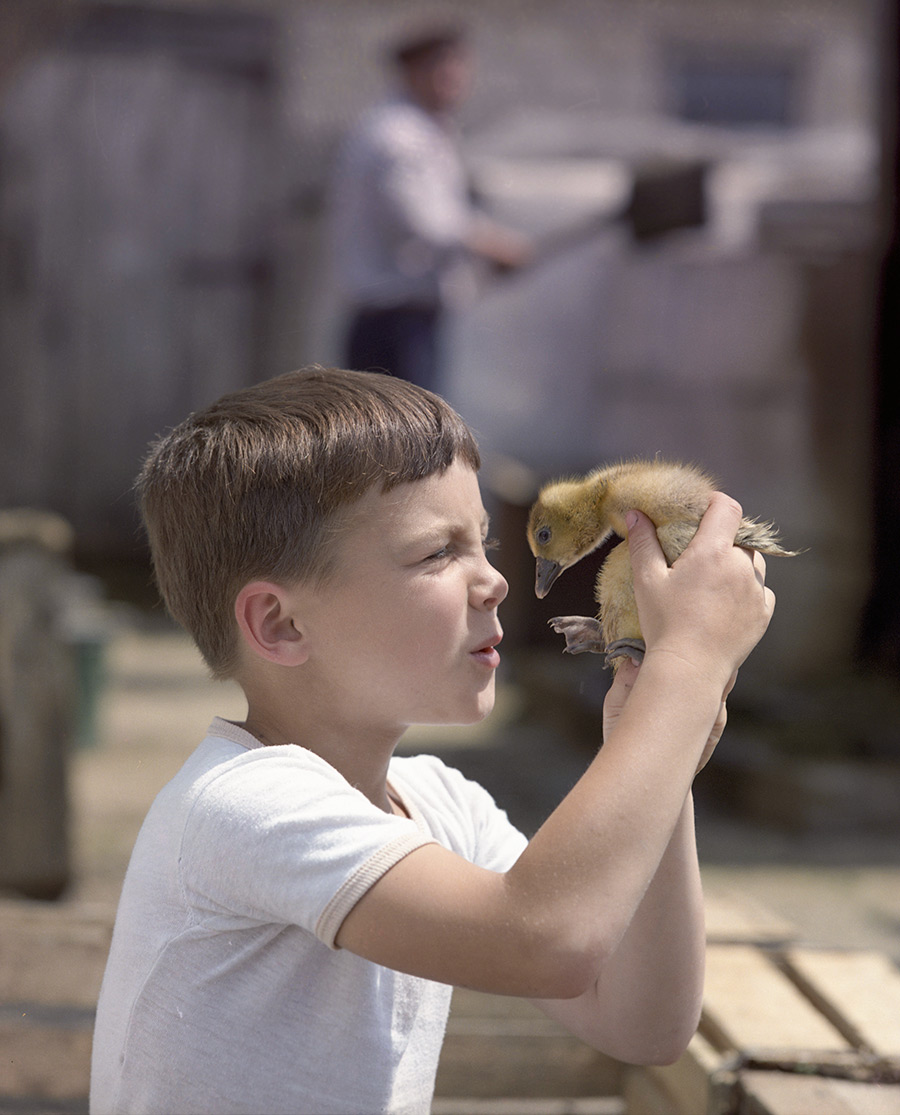
Different genders perceive diminutives differently, as linguist Tamara Skok claims. For men, it can be a marker of a condescending and dismissive attitude. Diminutive suffixes can work in that direction sometimes, too. One can say ‘milaya devochka’ (‘милая девочка’, ‘sweet girl’) or one can say ‘nevospitannaya devka’ (‘невоспитанная девка’, ‘ill-mannered wench’).
For women, however, diminutives are more about expressing care, as they more often communicate with children using such forms: ‘доченька’ (‘dotchenka’, from ‘дочь’, ‘dotch’ – ‘daughter’), ‘сыночек’ (‘synochek’; from ‘сын’, ‘syn’ – ‘son’), ‘ручка’ (‘ruchka’; from ‘рука’, ‘ruka’ – ‘hand’/‘arm’), ‘зайка’; (‘zayka’; from ‘заяц’, ‘zayats’ – ‘hare’/‘bunny’), etc.
Communication using diminutive suffixes can often be noticed in female work groups. ‘Marinochka, podpishi mne dogovorchik’ (Мариночка, подпиши мне договорчик – Marinochka, please sign this little contract for me). Or in beauty salons: “Devochki, zapisyvayemsya na nogotochki!” (“Девочки, записываемся на ноготочки!” – “Girls, let's book appointments for our little nails!”).
So why are they so popular?
Unfortunately, even philologists are powerless to say for sure.
“The tendency of this emotionally charged concept to acquire a diminutive form was not born today. But, why does it become especially obvious from time to time? We have to accept that the reason for any linguistic change always remains partly mysterious,” Irina Fufaeva from Gramota.ru (Грамота.ру) believes.





